I am really excited to share this interview with you. Jennifer is an academic, tandem-feeder, walk-lover mum and feminist and the co-founder of Breastival!
I loved how she replied to my email with the interview saying "it might take a bit longer, I have a lot to say" and I love even more that she said it! I was fascinated by her really well articulated and very clarifying opinion about breastival, the links between breastfeeding and feminism, and her own feminist journey are really interesting!!
What is Breastival?
Breastival is a festival to celebrate, support and normalise breastfeeding.
Since 2017 we've been bringing families together for a big celebration of World breastfeeding week. This year we're moving online for a full week of activities, talks, support and fun. We kicked off on Saturday 1st August with the Big Virtual Latch On, at 10.30am (BST) and women anywhere in the world joint us to feed and connect.
We also have fun during the year adding breastfeeding events to festivals where you wouldn't typically expect boob chat, like the human rights festival and science festivals. We curate a touring exhibition of images of breastfeeding in everyday life, our #MoreThanMilk project. We're accepting submissions for this year now if you like to share pictures of breastfeeding, expressing, SNS or donating milk or maybe share a short video story on what breastfeeding means to you get in touch.
What is the biggest impact of it?
We empower. By bringing families and supporters together we create space where breastfeeding is totally normalised and women feel empowered. In our bottle-feeding culture, breastfeeding can be tough. Of those women who choose to breastfeed, up to 90% will stop before they wanted to. That is a shocking statistic and speaks to something truly broken in our society, where mothers are consistently being let down and ground down by our bottle-feeding culture. Of course, how you feed your baby should be your choice, but with that many women stopping before they intended it is clear that it is not as simple as just making the choice to breastfeed. There are social and cultural and structural barriers to breastfeeding that need to be removed - and part of that is making breastfeeding socially and culturally normal again. That's what we aim to do. For me, creating spaces where women can feel empowered is the thing that keeps me going.
How did you start and where are you going, what is the big vision?
We started out with a small idea just to get a few women together to celebrate world breastfeeding week. It quickly became obvious that there is a huge demand for spaces to get together and normalise breastfeeding. As for where we going ultimately I'd like for Breastival to be unnecessary. For breastfeeding to be so normalized and support so ubiquitous that we become totally obsolete!
How is feminism related to it?
Breastfeeding is absolutely a feminist issue and one that is sometimes forgotten. Our hard-won reproductive rights extend from our right to choose whether and when to have children, through to our right to make informed choices on where and how we birth our babies and how we feed them.
At an individual level breastfeeding is a reclaiming of our own bodily autonomy in many ways. Women's bodies, particularly in youth, are so often treated as commodities, objectified, and valued for aesthetics, our worth reduced to how we look. Breasts, in particular, are sexualised to such a degree that they are used to sell burgers and bathrooms but regarded, by some, as shocking or inappropriate when used to feed babies. By choosing to breastfeed we reclaim our breasts as our own - not for the male gaze but for ourselves to use to nurture and nourish our children. Personally, that has been a big change for me -loving my body for what it can do instead of judging it for how it looks to others.
At a social and cultural level, we are told that what we "choose" is best. Like women are uniquely imbued with the innate "natural" knowledge of how to care for babies - which is crap and puts unnecessary pressure on women to "be a natural" at mothering and feel like we're failing if it doesn't come easily for us. In reality, breastfeeding (and parenting in general) requires a supportive environment. Where women's efforts in breastfeeding and mothering are valued. Where we are protected from predatory marketing practices that undermine breastfeeding. Where adequate paid maternity leave is available to all. Where the general public is aware of the value of breastfeeding and breastfeeding in public spaces is never an issue. Where employers are aware of the needs of nursing mothers and provide suitable facilities and reasonable adjustments to working practices to accommodate those needs. Breaking down these barriers to enable women to truly choose is absolutely a feminist issue. We need to shout about not just being treated 'the same' as men, we should be advocating for recognition of the huge value of the unique roles women occupy in pregnancy, birth, and breastfeeding.

What is Feminism for you?
The radical notion that women are people too.
Which “everyday sexism” really bothers you?
Just one? Men ignoring women only to enthusiastically endorse a man saying the same thing or worse, ignore her and then repeat her ideas as if they just thought of it. I've had it happen to me many times and seen it happen to other women and it is galling every time. I do try to call it out when I hear it but it gets tiring when it happens so often, and the person doing it is so often blissfully unaware.

Do you remember when you start identifying as a Feminist and why?
I don't think I can pinpoint the moment. My parents instilled in me a sense of self-worth that was at odds with the systemic lack of value placed on women's lives and work. I think I was aware of that from a young age but it manifested in rejecting feminine things. I hated dresses and dolls and I preferred typically "boy" things and enjoyed being "not like the other girls". Now of course I realise that trying to be like a boy is feeding into that narrative of girls and traditionally feminine things being worth less than traditionally masculine things. That 'you're not like other girls' is not a compliment but an insult to women. I'm still learning both for myself and to help me raise confident happy feminist kids.
Who is your biggest feminist role model?
So many amazing women I could choose but right now I'm learning a lot from Kimberly Seals Allers, an American journalist and advocate for breastfeeding, particularly for black women. Her book "The Big Letdown" is exceptional.
What is your favourite Feminist quote?
"I am not here to decorate your day" - I don't think it's a quote as such but it's a fabulous rejection of the objectification of women's bodies in public spaces.
What is your proud feminist victory?
It's a long story but some of my writing was read in Westminster in support of women's reproductive rights in Northern Ireland.
What is your feminist recommendation?
- Book: Invisible women
- TV show: This Is Us, great tv with complex characters that resist the typical male and female stereotypes.
- Film: Wadjda - about a girl who's told she can't have a bicycle.
What is your feminist call of action to whoever is reading?
Your body is amazing and belongs to you alone. Thank her for all she does for you and treat her with love and care.
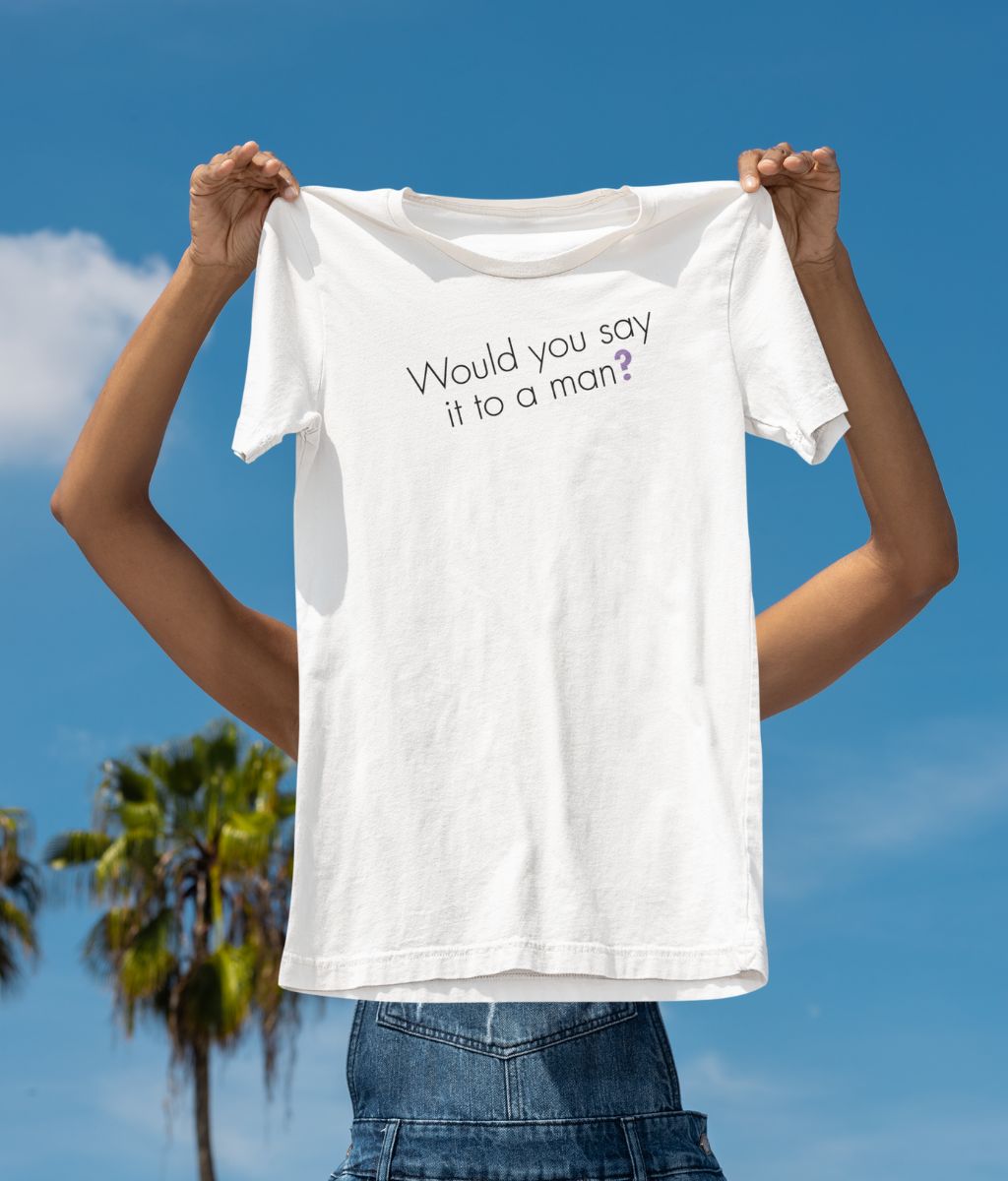
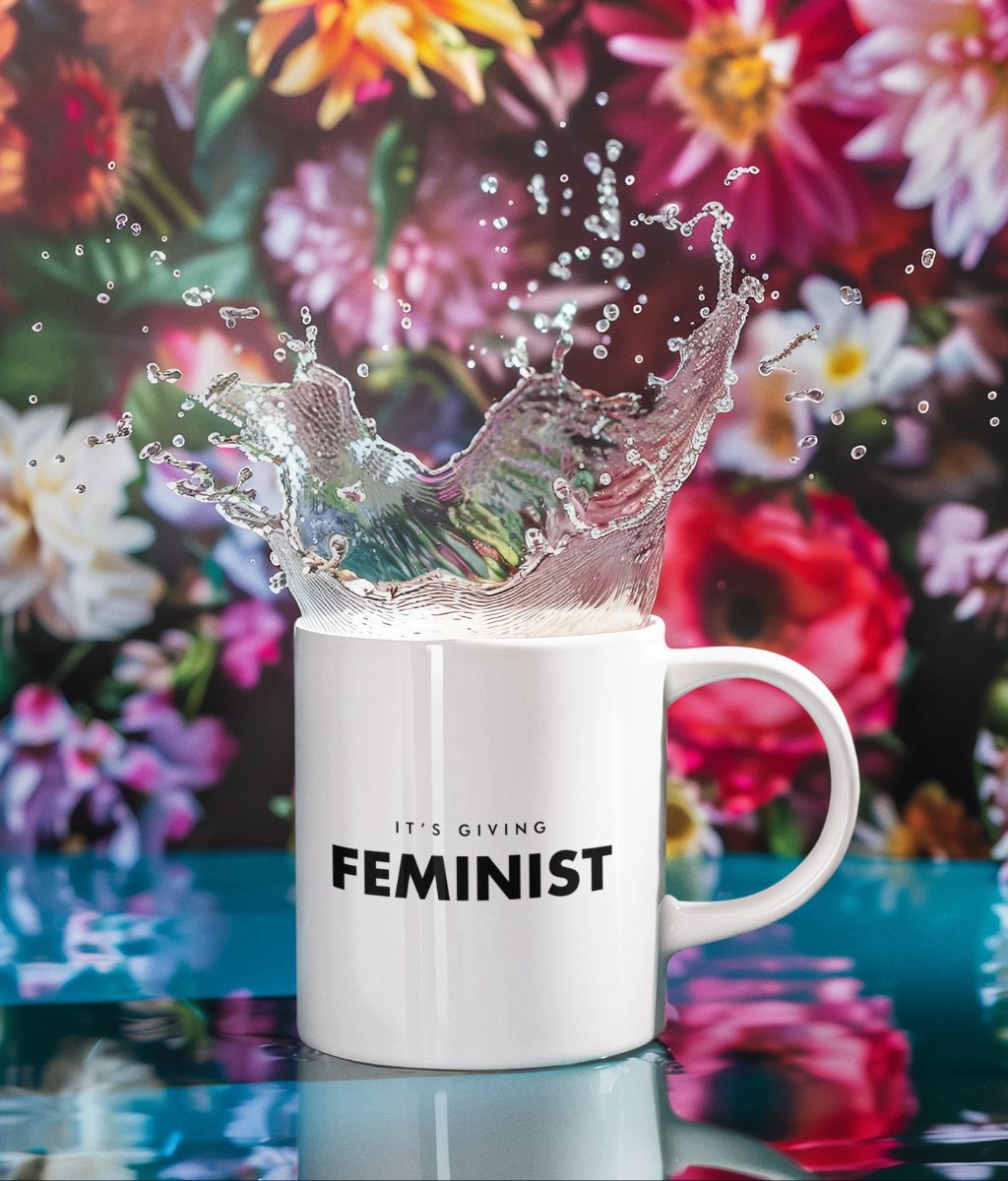

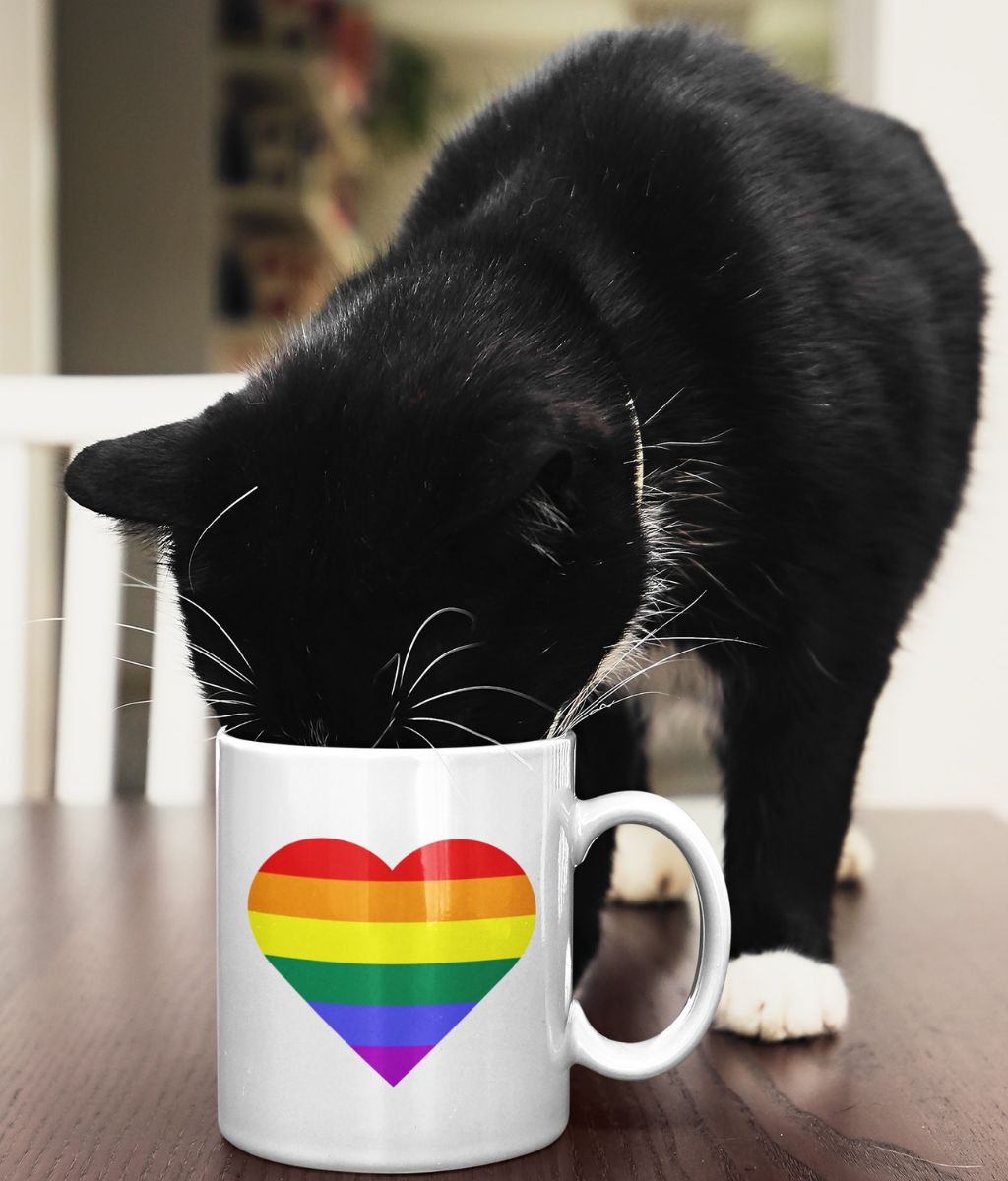
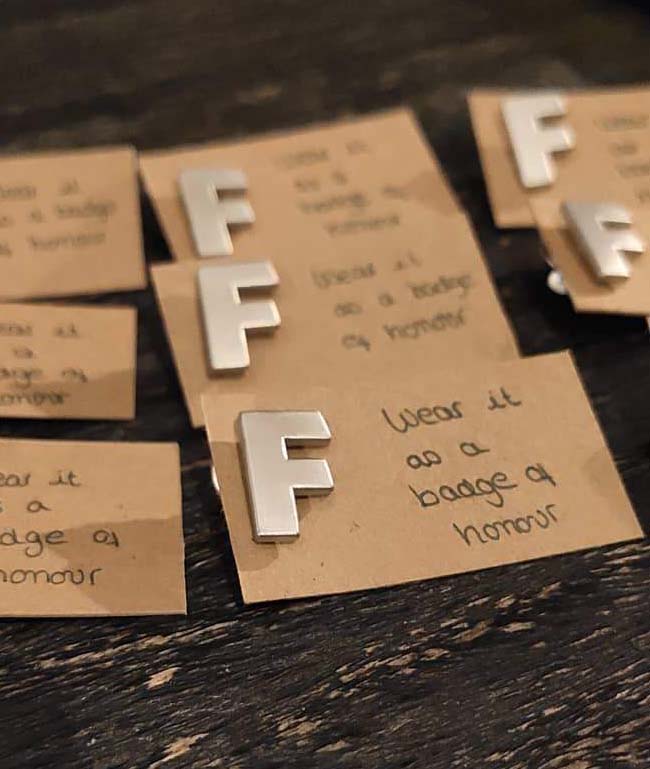
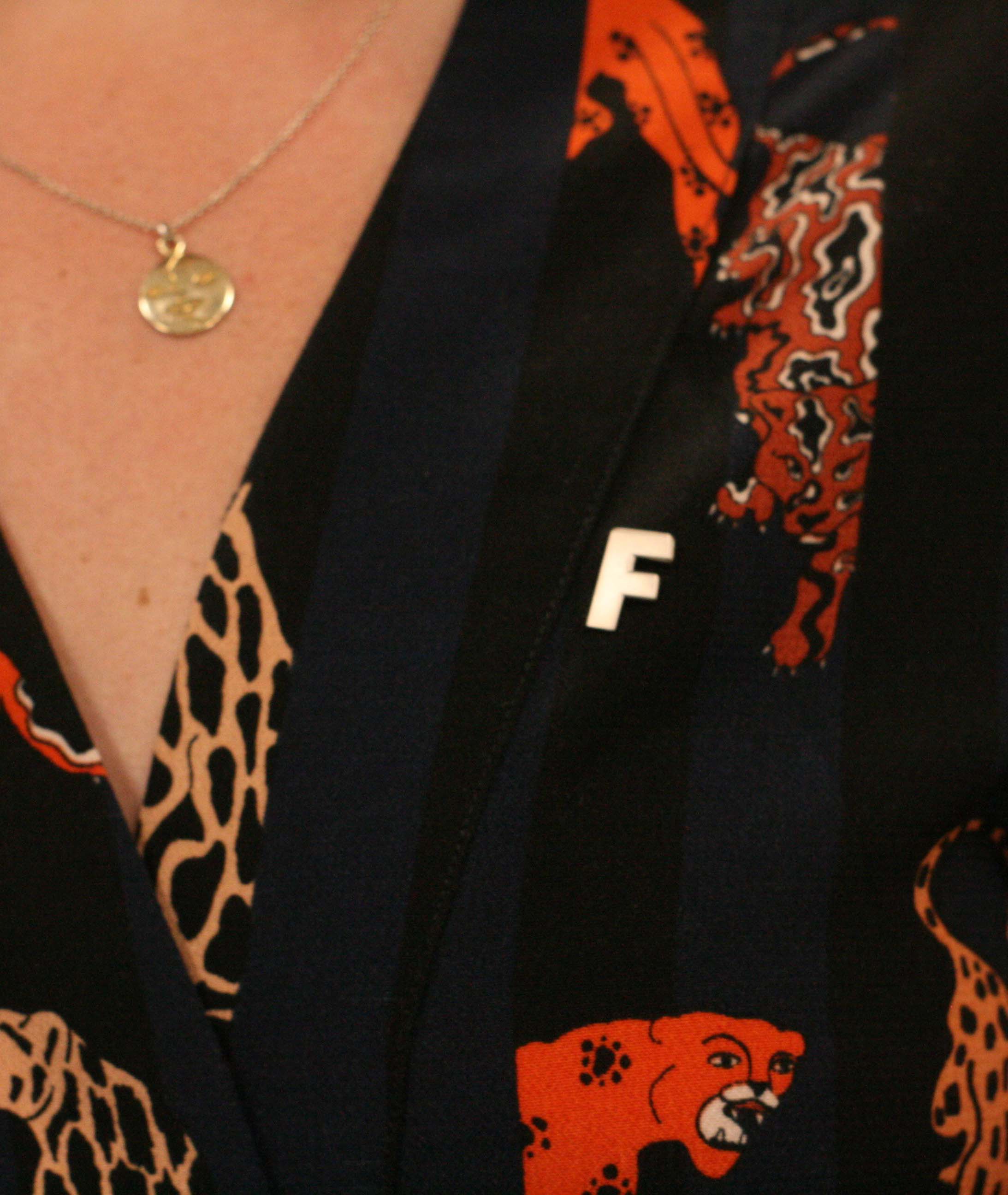
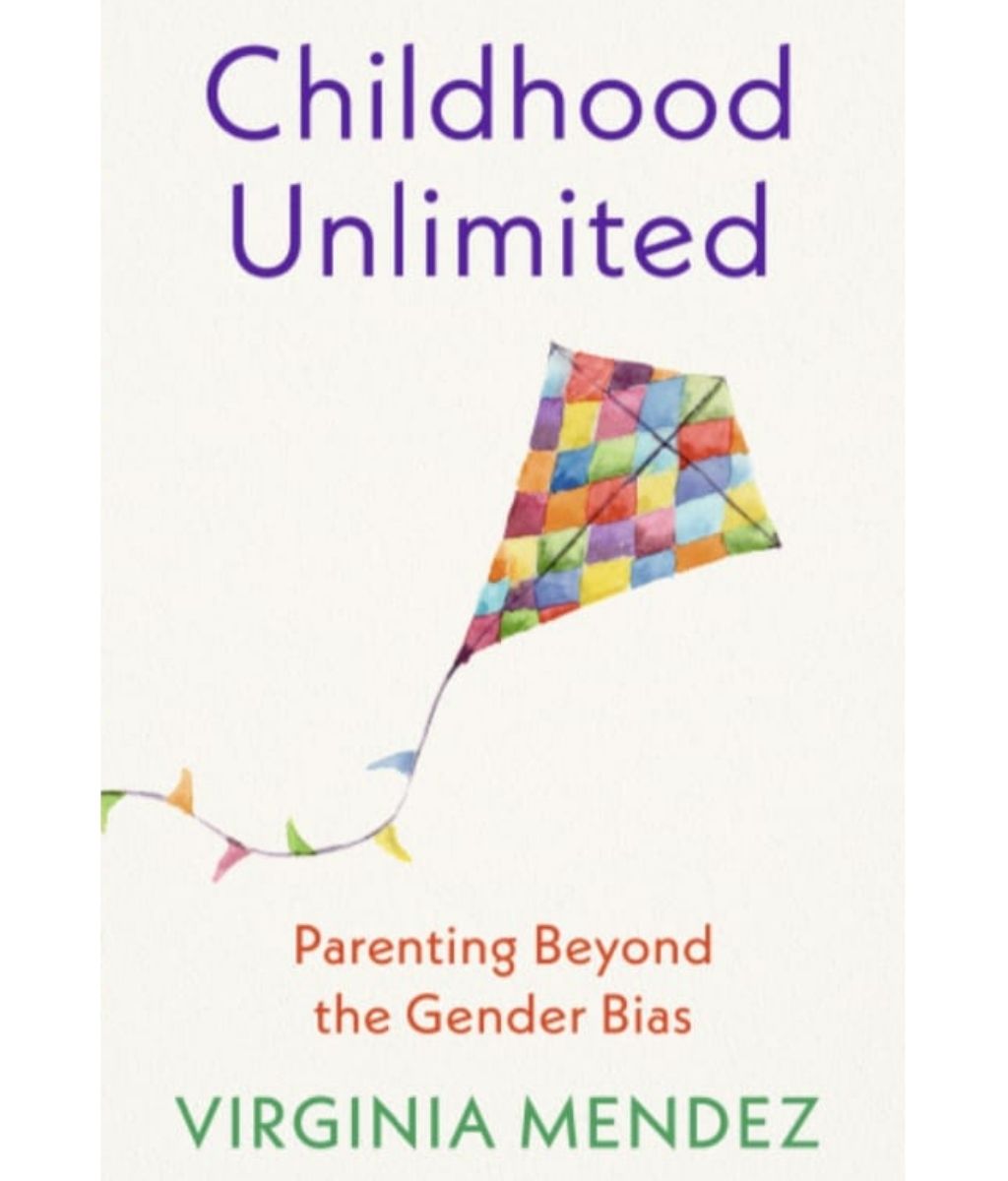
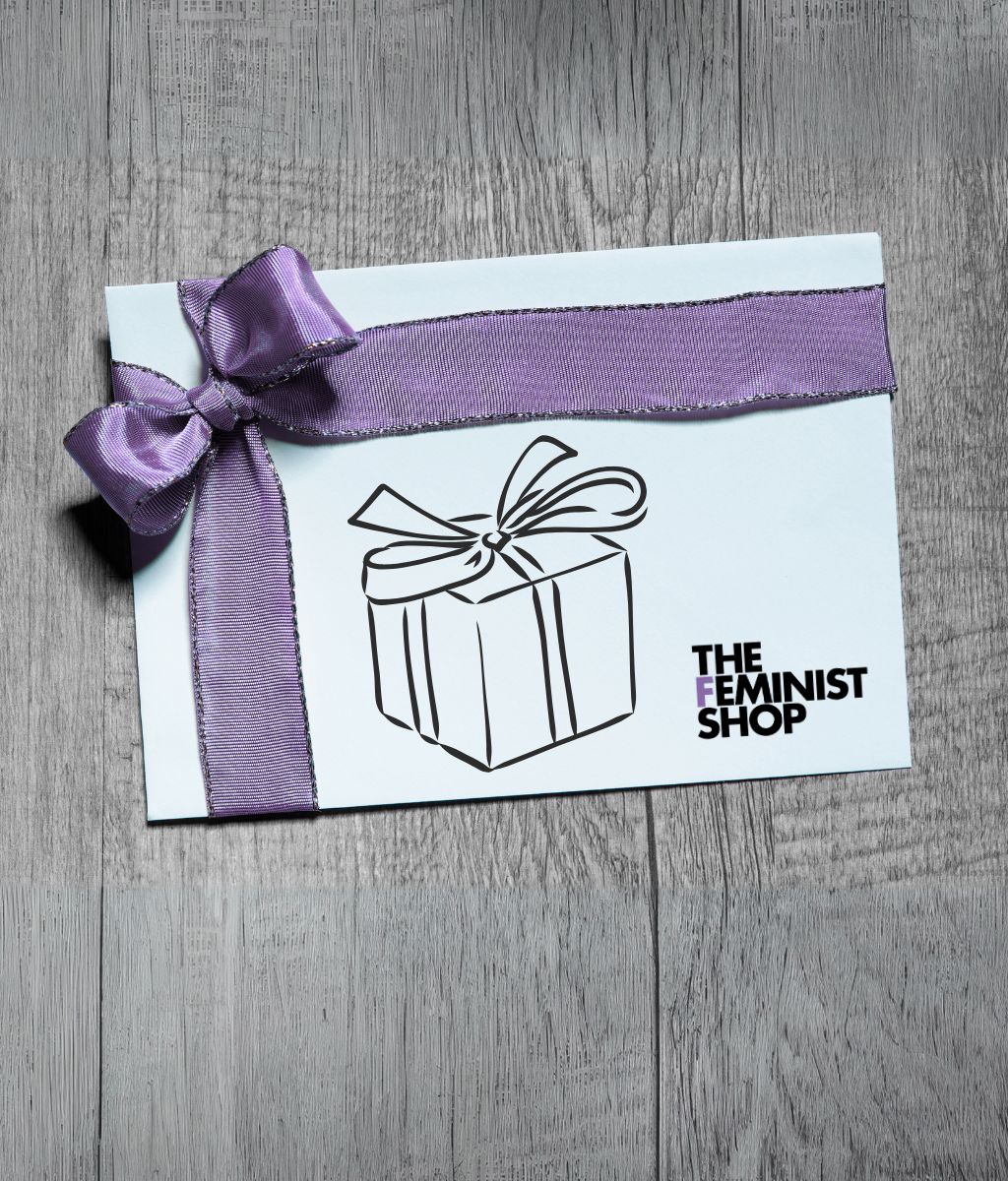
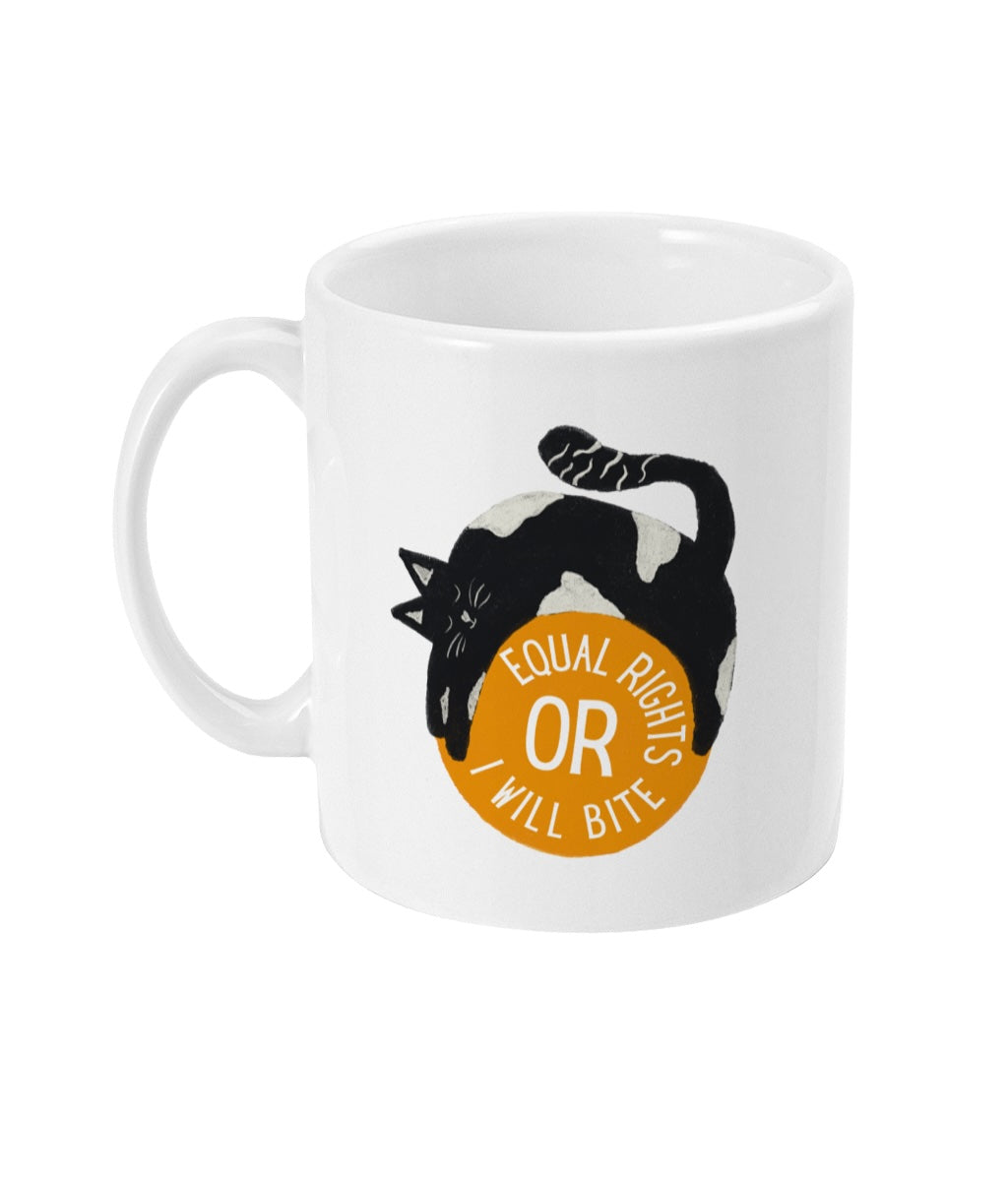
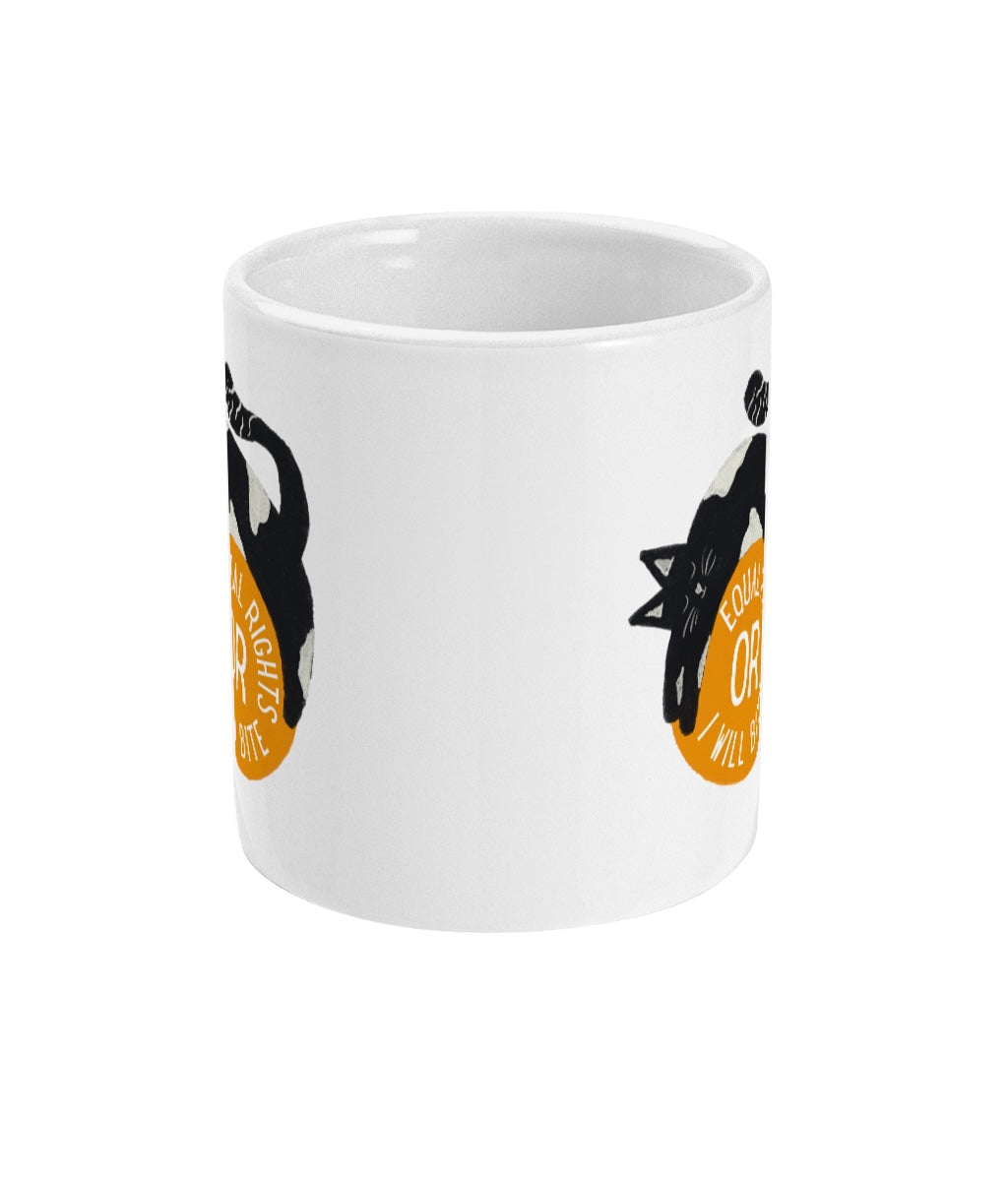
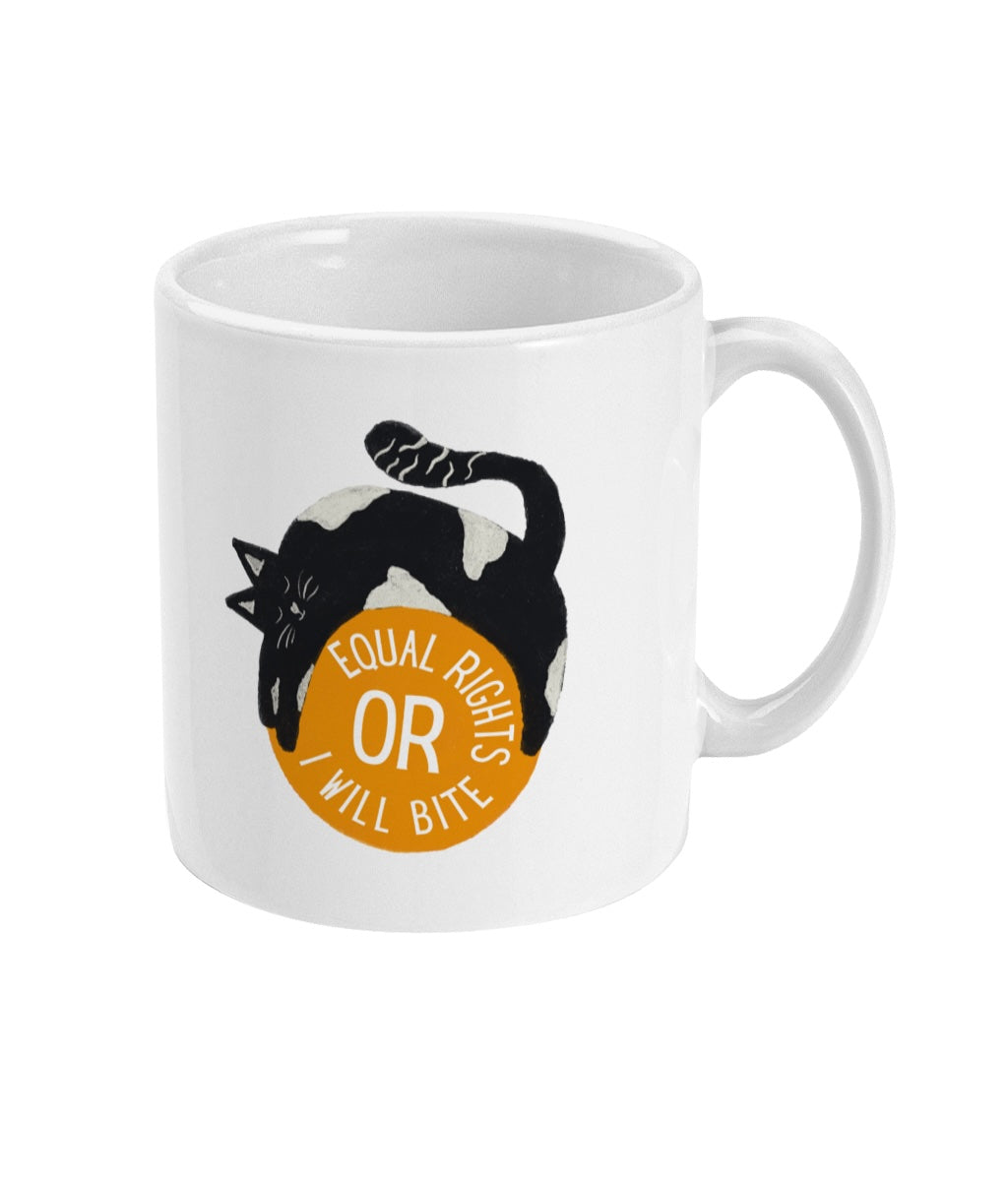
0 comments